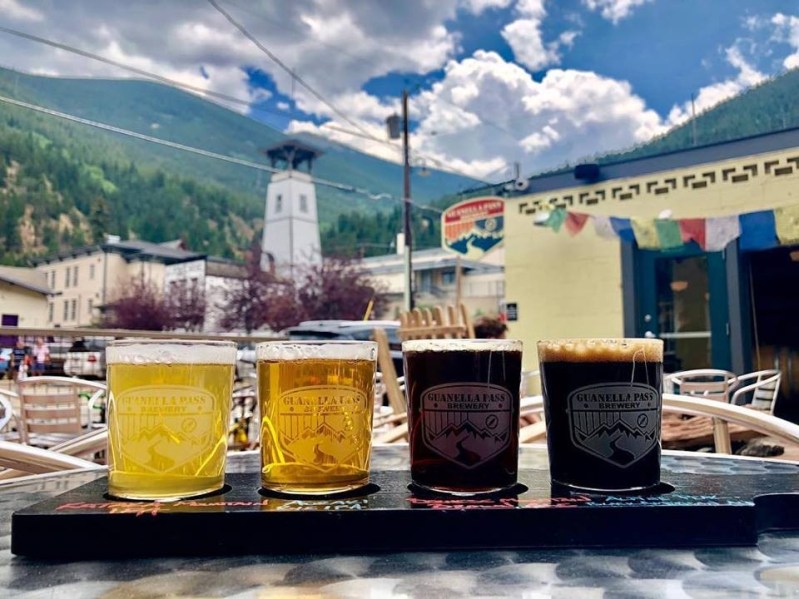
If you haven’t paid much attention to the American beer landscape in the last few decades, you might have missed a massive boom. In 1994, there were only 500 or so breweries in the whole country. Today, there’s more than 9,000. But with that many breweries operating, how many can be financially viable in the long term? With all that saturation (pun intended), we’re beginning to see a glut of closings and bankruptcies.
Don’t believe us? Simply search “brewery bankruptcy” and you’ll be met with many stories about large and small breweries closing their doors, filing for bankruptcy, or being sold outright to big brands (that may or may not want to cease production).

Is the craft beer bubble set to burst?
The most high-profile closing was San Francisco’s Anchor Brewing. Owner Sapporo decided to shutter its production in July because of a rapid decline in sales over the last few years. But other breweries have filed for bankruptcy in the past few months, including Chicago’s Metropolitan Brewing, New Jersey’s Flying Fish, Denver’s Joyride Brewing, Tampa’s Zydeco Brew Werks, and Cleveland’s Terrestrial Brewing. The most recent fan-favorite brewery to file for Chapter 11 bankruptcy is Georgetown, Colorado’s Guanella Pass Brewing.
Well-known for beers like Bernese Mountain, a 5.5% ABV brown ale, this mountain brewery was the first brewery to open in Georgetown since prohibition when it opened its doors in 2017. It’s owned by sixteen different beer lovers, including Steven and Stacey Skalski.
However, financial hardships have led the popular brewery to file for Chapter 11 bankruptcy on December 30th. By financial hardship, we don’t mean the brewery owes a little bit of money. It’s $2.3 million in debt. On the flip side, the brewery only racked in $860,000 in gross revenue last year.

Is the brewery closing?
Unlike Anchor, this doesn’t mean Guanella Pass is closing its doors for good. At least at its original location. While it closed its Empire Brewery location in the fall, the bankruptcy is being used as a way to reorganize the company and focus solely on the original location. It will remain operational.
With the sheer number of breweries spread out across the country, the decline in sales during the pandemic, and drinkers turning to other forms of alcohol (whiskey, hard seltzer, and others), and people just deciding not to drink enough, there’s a pretty good chance these closings and bankruptcies are just the beginning.
There’s no way 9,000-plus breweries are making such high-quality beer and bringing in enough money to stay afloat in the long run. Is the brewing bubble primed to burst? It feels that way.
The best way to end this tide of bankruptcies? Visit your local breweries often. Buy pints, and growlers, and eat dinner if they serve food. Just patronize them.



